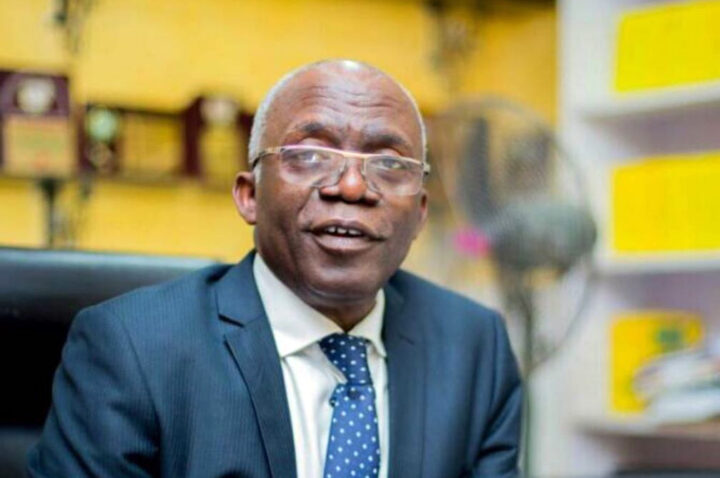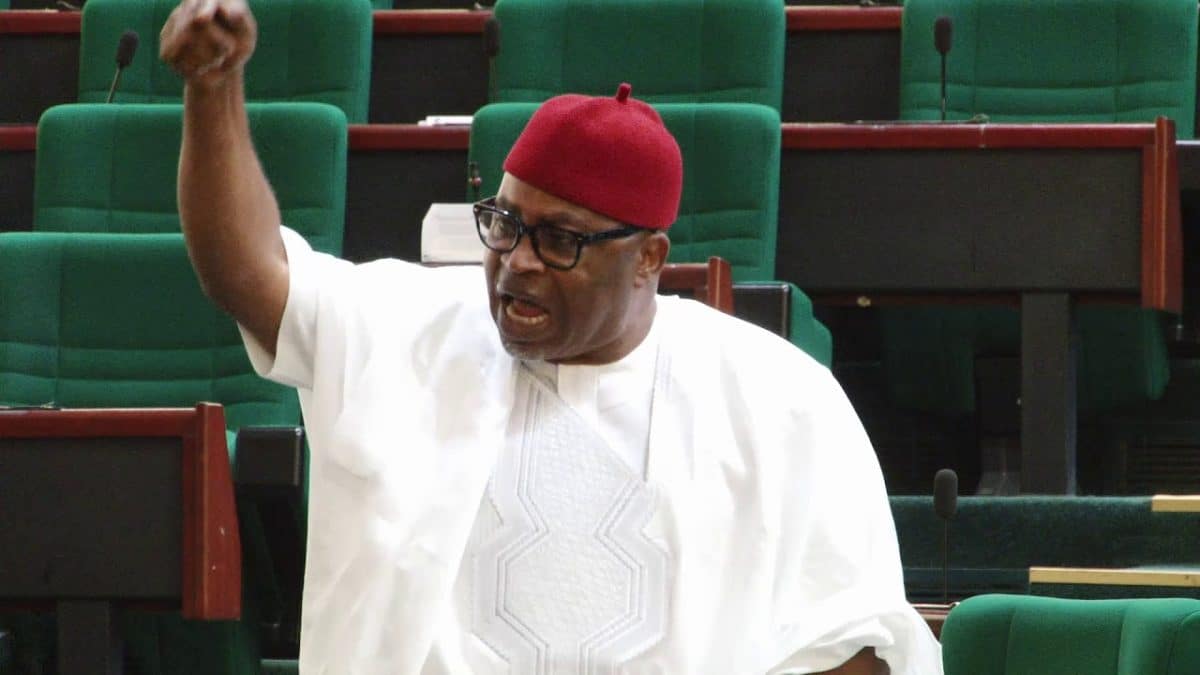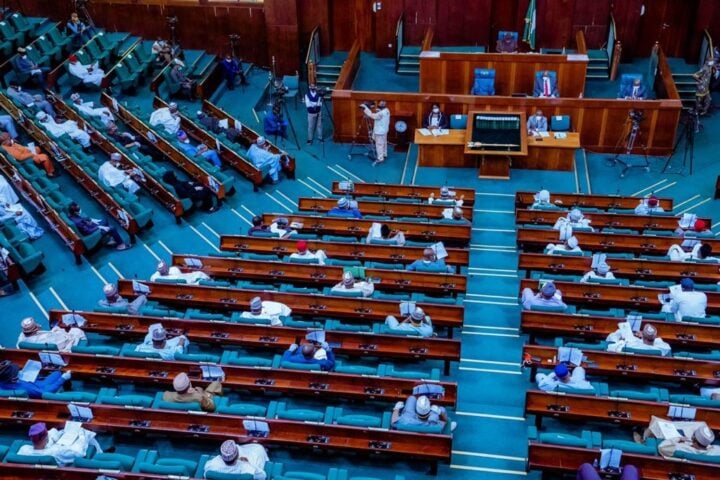Ayo Olukotun, a media scholar, says the Nigerian media is one of the most repressed in the world.
Olukotun spoke at a stakeholders’ forum on journalists’ safety and press freedom limitations in Nigeria, which held in Lagos state on Wednesday.
The event was hosted by the International Press Centre (IPC).
Olukotun, who was one of the discussants, said: “Nigeria is at the bottom in terms of press freedom. This is because of the infringement that occurs almost all the time in terms of press freedom. How real is press freedom?
Advertisement
“The Nigeria constitution is not explicit enough about the freedom of speech or abrogation of censorship.
“I think Nigerian journalist take the freedom themselves, the country does not give it to them. The political space should be liberalised; journalists must have the right to their work. We want to build a country where there is an unfettered dialogue between the ruler and the ruled.”
The event also featured a presentation of findings of a survey on the perception of stakeholders on the safety of journalists and press freedom in Nigeria.
Advertisement
According to the IPC, the survey undertook an evaluation of prevailing situation under which journalists and media professionals perform their constitutional responsibilities with regards to existing and emerging challenges that infringe on press freedom.
Participants in the survey were drawn across the print, broadcast, online media as well as academics, professional groups and media-based non-governmental organisations (NGOs).
The outcome of the survey showed that a number of safety-related issues are of serious concern to journalists and other media professionals in Nigeria.
“Respondents overwhelmingly affirmed that press freedom in Nigeria is encumbered by individual and collective safety challenges for journalists with consequence negatively impacts on the journalism profession,” the report said.
Advertisement
“The structure of media ownership in Nigeria fuels institutional encumbrances across all categories of media organisations to the extent that commitments of media managers to safety concerns could not be guaranteed.
“The survey revealed that unfavourable working environment which manifests in poor remuneration, delayed/unpaid salaries, as well as poor welfare packages and incentives, constitute dominant concerns that aggravate insecurity in the profession of journalism.”
It recommended regular training and retraining of journalists on safety and press freedom related issues; setting up a safety help-desk for Nigerian journalists by International Press Centre (IPC); regular interface with the government to highlight concerns about press freedom and regular interface with the government to highlight concerns about press freedom, among others.
Advertisement
Add a comment






